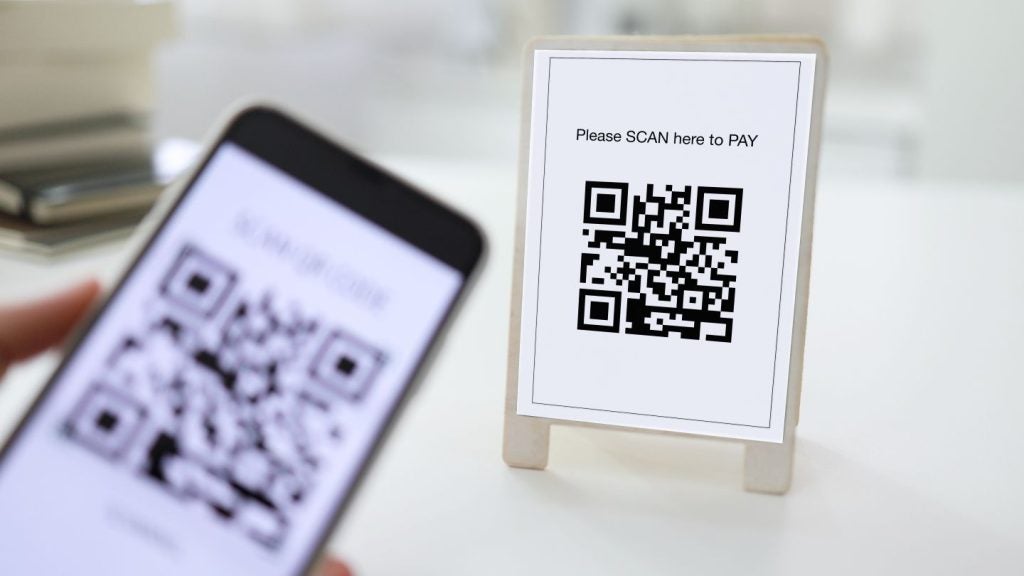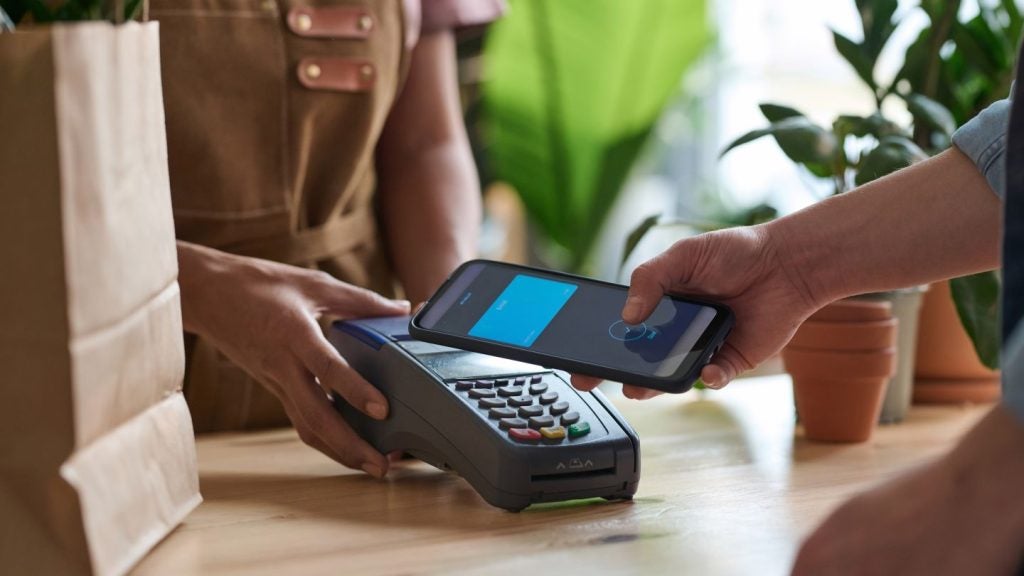
Almost half of UK consumers think the country is heading towards a cashless society, according to research released by LINK. But despite big changes in how cash usage, a similar number of people would still find a cashless society problematic.
More people don’t carry cash
The number of people who say they don’t carry cash has trebled since 2019. This isn’t surprising when the popularity of using cash for day-to-day shopping has dropped significantly. More people now say they carry cash in case they can’t pay for something by card. The most popular amount is between £10 and £20.

Access deeper industry intelligence
Experience unmatched clarity with a single platform that combines unique data, AI, and human expertise.
Still a huge reliance on cash
Despite these massive changes, 71% of people still have some level of everyday reliance on cash and have used cash in the past two weeks.
LINK data shows that UK consumers are still withdrawing £209m a day from cash machines. However, this is £100m (33%) less than 2019.
As more customers are banking and paying for things digitally, especially since the pandemic, for some people the idea of a cashless society is becoming more real. In 2019, 41% of people thought that they would see a cashless society in their lifetime. That figure is now 48%.
Despite wider digital adoption, LINK research shows a growing divide among society to whether a cashless society would be problematic. Almost half of the population (48%) say it would be problematic (up 1% from 2019). This compares to 39% of people who wouldn’t find it problematic (up 6% from 2019).

US Tariffs are shifting - will you react or anticipate?
Don’t let policy changes catch you off guard. Stay proactive with real-time data and expert analysis.
By GlobalDataFocus now needs to be on access to digital
John Howells, CEO, LINK: “Although the UK is on the way to becoming a low cash country, we now have legislation that will help LINK maintain a national network of free ATMs and banking hubs. This will ensure that anyone needing to access cash can do so. But it’s no use having cash if the best goods and services are only available online. This is becoming a real problem for millions of cash-reliant consumers. The focus now needs to be on access to digital, so we don’t end up with 5 million consumers not being able to benefit from the best products and services on offer.”
‘We are not ready to become a cashless society’
Natalie Ceeney, Chair, Access to Cash Review: “Despite a massive growth in digital payments over the past five years, there are still millions of people who depend on cash. Half of the UK population is concerned about the prospect of a cashless society. People need cash for a wide range of reasons, and the barriers to using digital payments are very real. There are still over three million adults in the UK without a smartphone. With fraud accounting for 40% of all crime there are many who are frightened of being scammed. There are over a million people who don’t have a bank account, and almost a million people in the UK live with dementia. Even many digitally savvy consumers find it easier to budget with cash. We are certainly not ready to become a cashless society.”
Increase in consumers turning to cash to budget
Andrew Martin, CEO, Founder of SMEB, added: “There may well be a time when the world no longer needs cash. But that time is not now. The string of IT outages in recent months make it clear that there is a long way to go until the technology and infrastructure behind digital payments is 100% reliable.
“In the meantime, cash continues to play an important everyday role in our society. Recently we have seen an uptick in people turning to cash as an effective way to budget. Unfortunately for businesses, getting your hands on it is not as easy as it used to be, especially for those operating in rural areas. Banking deserts up and down the country mean that many SMEs struggle to find somewhere to easily deposit their hard-earned cash at the end of the day. Action is urgently needed to address this issue and to improve access to banking services, no matter where you are.”







